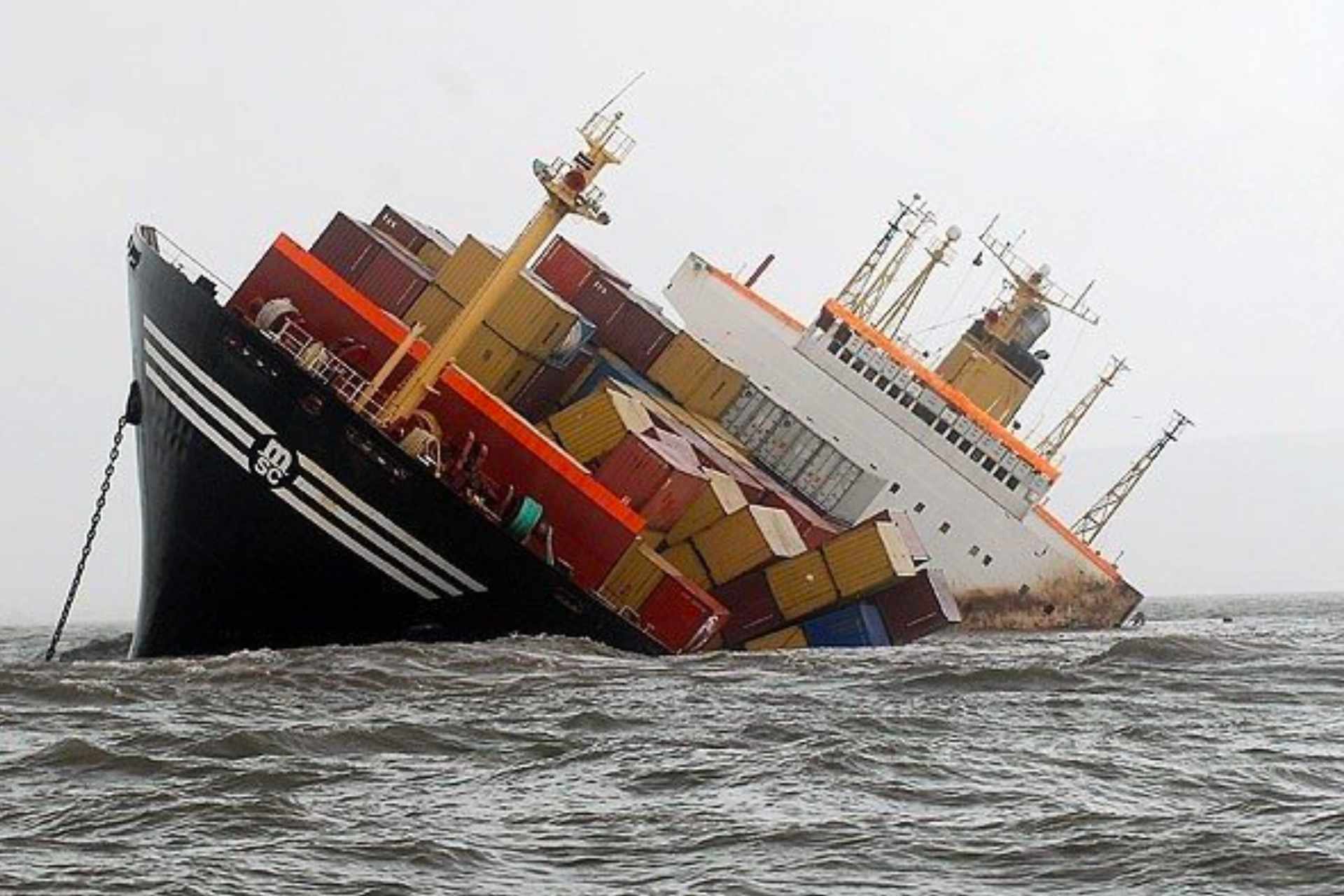Marine insurance is a type of insurance coverage designed to protect goods, cargo, and vessels against risks associated with sea transportation. It provides financial protection for businesses and individuals involved in maritime trade by covering losses or damages incurred during ocean voyages. Marine insurance typically encompasses various types of coverage, including:
- Cargo Insurance: This type of marine insurance protects goods and merchandise being transported by sea against risks such as loss, damage, theft, and environmental hazards. It provides compensation for losses that occur during loading, transit, and unloading.
- Hull Insurance: Hull insurance covers the vessel itself against physical damage, including collisions, accidents, and natural disasters. It ensures that shipowners are financially protected in the event of hull damage or total loss.
- Freight Insurance: Freight insurance reimburses the shipper or carrier for losses incurred due to the non-delivery or damage of cargo during transit. It covers the freight charges associated with the shipment of goods.
- Liability Insurance: Marine liability insurance protects shipowners, operators, and cargo owners against legal liabilities arising from third-party claims for bodily injury, property damage, or pollution caused by maritime operations.
- War Risk Insurance: War risk insurance provides coverage for losses or damages resulting from acts of war, terrorism, or political unrest that may affect maritime trade routes and shipping operations.
- Piracy Insurance: Piracy insurance protects vessels and their crews against risks associated with piracy attacks, including ransom payments, hijackings, and vessel seizures.
Marine insurance policies are typically tailored to meet the specific needs of the insured party and the nature of the cargo or vessel being insured. They may include various clauses, endorsements, and exclusions to customize coverage according to individual requirements.
Overall, marine insurance plays a crucial role in mitigating financial risks and ensuring the smooth operation of international trade by providing protection against the uncertainties of sea transportation. It offers peace of mind to businesses and individuals involved in maritime commerce, allowing them to navigate the challenges of the open sea with confidence.



